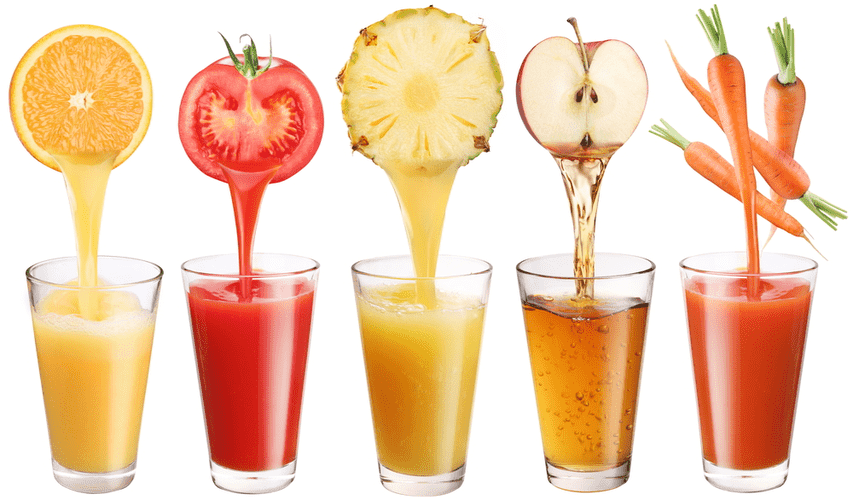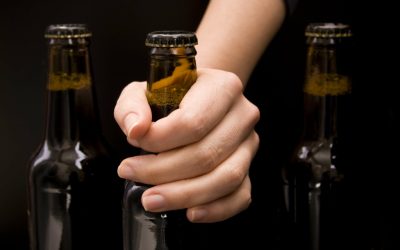Underage Drinking and Teen Alcohol Use
Content
Alcohol poisoning is the potentially fatal result of drinking excessive amounts of alcohol in a short period. It is caused by alcohol slowing down the body’s functions (for example, breathing, heart rate, and gag reflex), thereby potentially leading to choking, coma, stopped breathing, stopped heart, and death. It can be hard to determine whether a young person, compared to an adult, has been drinking. In general, adults more quickly experience impaired motor skills, but not always problems with memory, when they have been drinking. Thus, it is important to educate teens and their caretakers about the impact of use on the teen brain and the protection that comes with waiting to drink until teens make the neurobiological transition into adulthood. Studies have debunked the widely held notion that adolescents can be kept safe and learn how to handle alcohol if they drink under adult supervision.

But knowing about some of the risk factors may help with prevention; adolescents should get the help they need when they are struggling. “If kids are showing conduct problems and/or depression, we know there are treatments available to help kids alleviate the distress in their own lives,” which in turn may help to prevent problems further ahead. “Adolescence is a pretty critical period for helping kids achieve well-being,” she said. Adolescents also reported getting drunk more often when their romantic partners had more positive attitudes toward alcohol. And the researchers found an association between more frequent drunkenness and “unstructured socializing,” that is, hanging out without adult supervision, an association that was stronger as the adolescents got older.
PREVENTING UNDERAGE DRINKING WITHIN A DEVELOPMENTAL
Overall, the prevalence of college drinking over the past 30 years, measured as lifetime, annual, and past 30-day consumption rates continue to trend downward. Since 1991, lifetime consumption among college students has declined 15% proportionately, while annual consumption and monthly consumption are down 13% and 20%, respectively. Does your child always seem to need to stay home the day after a missed curfew or other unexplained lapse in time? Don’t rule that option out completely just because your child is underage, especially if you keep alcohol on hand or it is available at someone else’s house for consumption. These symptoms are also fairly common across all substances for withdrawal, which can occur after any amount of drug use. If your child seems to continuously exhibit these symptoms, take the steps necessary to investigate their source.

Similarly, if your teen is spending too much time alone, that may be a red flag that they’re having trouble fitting in. As disturbing as it can be to find out that your child or teen has been drinking, it’s important to remember that many teens try alcohol at some point, but that doesn’t mean they automatically have an abuse problem. Your goal should be to discourage further drinking and encourage better decision-making in the future. Similarly, high school binge drinking statistics show that most high school students who drink tend to binge drink.
Risky Sexual Behavior
The damage that the hippocampus suffers during this stage in life affects the teen’s recall ability during academic activity and can have a lasting impact that affects job performance in the future. Teenagers may not experience such consequences immediately, but they can definitely take their toll in the long run. Underage drinkers who abuse alcohol could be at risk for suffering alcohol overdoses. During sober house her family therapy sessions, Sarah expresses a desire for her family to be complete once again and for her parents to stop fighting. When Jerry reveals that he is unable to have full custody of Sarah because of the nature of his job, Sarah once again feels the irresistible urge to drink. She asks a group of rough-looking teenagers to purchase vodka for her, inviting them to do anything to her.
- People between the ages of 12 to 21 made almost 120,000 emergency room trips in 2013.
- But there are ways to help your teen cope with the pressures to drink and make better choices.
- In 2021, among adolescents ages 12 to 14 who reported drinking alcohol in the past month, 99.7% reported getting it for free the last time they drank.15 In many cases, adolescents have access to alcohol through family members or find it at home.
- This theory states that some people have certain genes that may predispose them to substance abuse.
- NHTSA (1) estimates that a legal drinking
age of 21 saves 700 to 1,000 lives annually.
Choose a time when your teen hasn’t been drinking and you’re both calm and focused—and turn off your phone to avoid distractions. If you have a friend whose drinking concerns you, help them stay safe. If you can, try to keep friends who have been drinking from doing anything dangerous, such as trying to walk home at night alone or starting a fight. Don’t get in a car with someone who’s been drinking, even if that person is your ride home.
Prevent Underage Drinking
Teenagers born to families who have members struggling with substance abuse are more likely to become addicts themselves. Using data from questionnaires of 2,733 pairs of twins born in Finland in the late 1970s, the findings remained consistent even after controlling for genetic and environmental factors that twin siblings share. The outcome underscores the importance of preventative interventions targeting adolescents who misuse alcohol and mitigating health consequences later into adulthood, researchers said. U-M researchers followed a national sample of adolescents from the Monitoring the Future study who, as 12th grade students in 2018, reported alcohol use in the past 30 days. This group of 451 participants was surveyed again in 2020 at age 20 as part of the Young Adult Daily Life Study. The average time of escalation from first drink to high-intensity drinking (eight or more drinks in a row for women; 10 or more drinks in a row for men) occurs within two years of first trying alcohol.

Explain to your teen that this lack of privacy is a consequence of having been caught using alcohol. It’s important to remain calm when confronting your teen, and only do so when everyone is sober. Explain your concerns and make it clear that your fears come from a place of love. Your child needs to feel you are supportive and that they can confide in you. Please include what you were doing when this page came up and the Cloudflare Ray ID found at the bottom of this page. This website is using a security service to protect itself from online attacks.
Anxiety in Children and Teens
If they show signs that they are neglecting their appearance, you may want to start investigating why. Studies reveal that extracurricular activities can be crucial to a teenager’s development. If teenagers have a lot of extra time, they can be vulnerable to trouble if they do not have something productive to do. It can be alarming if teenagers abandon their usual activities and their regular circle of friends and peers.
What does alcohol do to a 17 year old brain?
ADOLESCENTS ARE MORE SENSITIVE THAN ADULTS TO ALCOHOL'S MEMORY-IMPAIRING EFFECTS. Among its many effects on the brain and brain function—such as impairing balance, motor coordination, and decisionmaking—alcohol interferes with the drinker's ability to form memories (i.e., it is an amnestic agent).





Responses